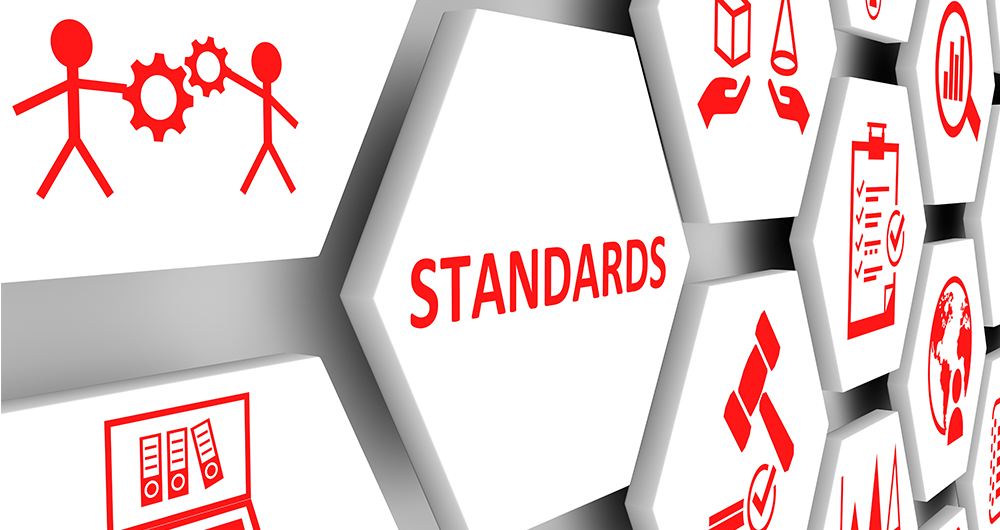8 posts found
DCAT-AP-ES: A step forward in open data interoperability
Context and need for an update
Data is a key resource in the digital transformation of public administrations. Ensuring its access, interoperability and reuse is fundamental to improve transparency, foster innovation and enable the development of efficient public services centered on citizens.
In th…
HealthDCAT-AP: The Standard That Connects Health Data to People
Data is the engine of innovation, and its transformative potential is reflected in all areas, especially in health. From faster diagnoses to personalized treatments to more effective public policies, the intelligent use of health information has the power to change lives in profound and meaningful w…
PET technologies: how to use protected data in a privacy-sensitive way
As organisations seek to harness the potential of data to make decisions, innovate and improve their services, a fundamental challenge arises: how can data collection and use be balanced with respect for privacy? PET technologies attempt to address this challenge. In this post, we will explore what…
A common language to enable interoperability between open dataset catalogs
Open data plays a relevant role in technological development for many reasons. For example, it is a fundamental component in informed decision making, in process evaluation or even in driving technological innovation. Provided they are of the highest quality, up-to-date and ethically sound, data can…
The protection of personal data in the draft Data Governance Regulation (Data Governance Act)
Since the initial publication of the draft European Regulation on Data Governance, several steps have been taken during the procedure established for its approval, among which some reports of singular relevance stand out. With regard to the impact of the proposal on the right to the protection of pe…
DCAT-AP 2.0.1, ¿cómo ha evolucionado la especificación de referencia europea para la descripción de catálogos de datos abiertos?
DCAT-AP es la especificación europea para la descripción de catálogos de datos abiertos. Su referente es el estándar Data Catalog Vocabulary (DCAT) de W3C, creado para facilitar la interoperabilidad entre catálogos de datos publicados en la web. DCAT permite disponer de un vocabulario de propiedade…
New European strategy on open source software 2020-2023
Have you ever stopped to think about how much open source software you use in your day-to-day life without even being aware of it? From most of the apps on your smartphone, to your connected home devices, to the software running in your car. In all of these programs, much of the code is partly based…
Personal open data but under control
Open data has great potential to improve transparency and accountability or to enhance public services and the creation of new services, but at the same time they also show a less friendly face by increasing our vulnerability and exposing information increasingly more detailed that is not always use…







